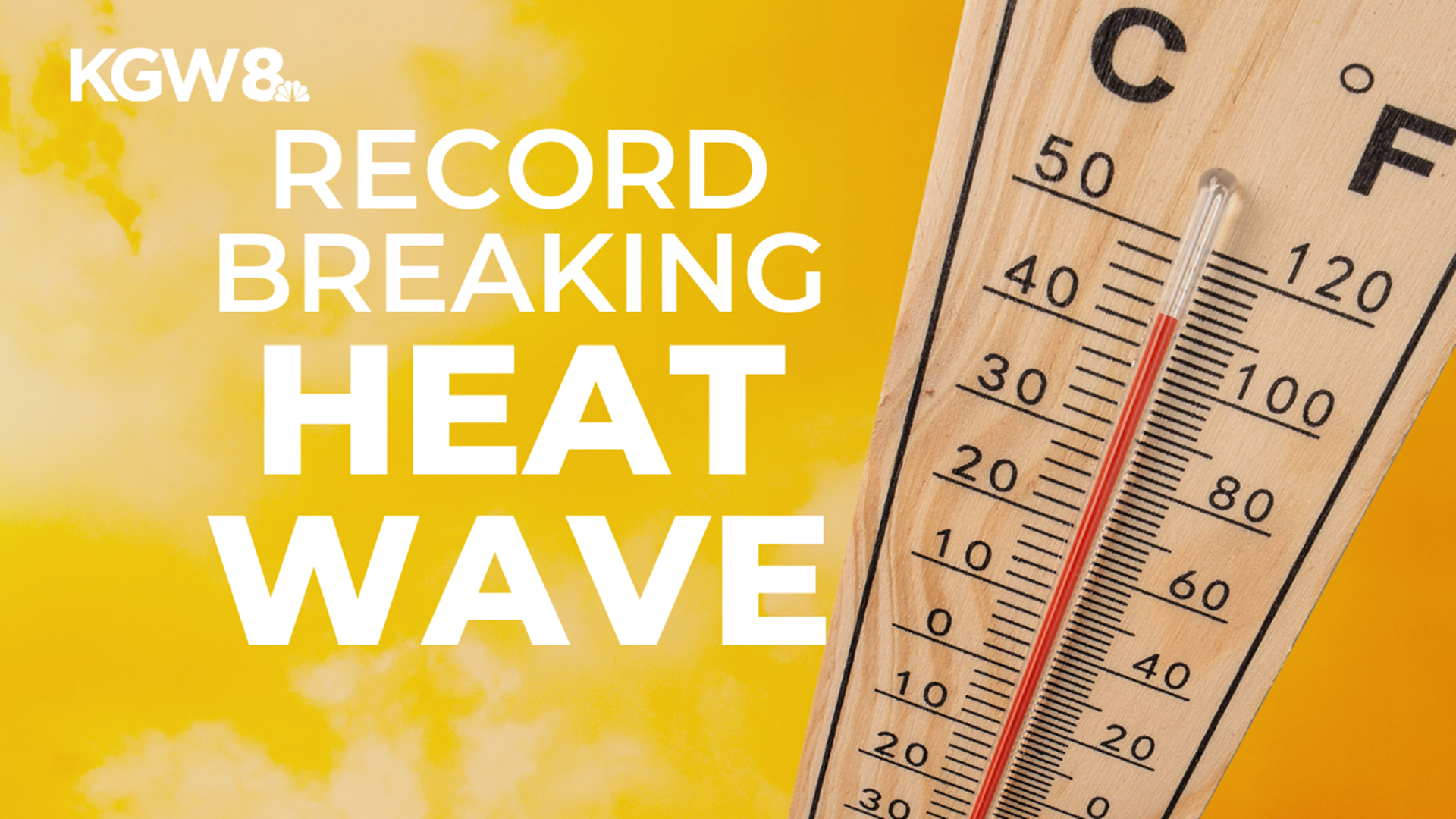PORTLAND, Ore — This days-long heat wave we're about to ride is something many people in the Pacific Northwest have never experienced in their lives. So we wanted ask the experts some basic questions we think could really help.
Doctors said people should know the signs of heat-related illness. They said you should pay attention to muscle cramping and signs of heat exhaustion, which include clammy skin, goosebumps, headaches, and feeling irritable, confused, light-headed or nauseous.
If left untreated, that can get worse, leading to heat stroke. Heat stroke can happen over time, usually in more vulnerable people when they get too hot and dehydrated, or it can happen in a few hours.
"A lot of young people like me may think to themselves, I’m young and healthy, I’ll be fine if I go to the river and drink beer for 10 hours two days in a row," said Northwest Permanente Urgent Care Chief Anne Toledo. "But that’s not the case. Exertional heat stroke can develop within hours and that’s in young people who are active out when it’s too hot. What happens with heat stroke is your body can reach temps of 102 or 104. When your body gets that hot it becomes toxic for it, and you can have multiple organs fail. It's a medical emergency."
How do we avoid getting to that point? It seems obvious, but don't do too much in the heat for too long. If you're going to be outside, go early in the morning or at night.
Make sure you're drinking a lot of cold fluids, especially with electrolytes. How much you need depends on a few factors like age and weight. Eight to 12 glasses a day is a good rule of thumb. Older people don't always notice when they're thirsty and little kids can't tell you when they are.
Doctors say the best gauge is how often someone goes to the bathroom and the color of their urine.
"The best way to ensure, it's usually small sips throughout the day. So always having something, taking sips rather than trying to slug big glasses of water all in one sitting," Brave Care Chief Medical Officer Dr. Corey Fish said.
Jumping into a body of water sounds really nice, but when your body temperature is high and the water is cold, it can be deadly, Dr. Toledo said. Make sure water is at a safe temperature.
Other ways to cool down include putting cool packs or wet towels on your neck, armpits and other areas where skin is thinner, and staying in a shady area or cooler part of your house. If you don't have air conditioning, try spending time somewhere that does. Activities like slip-and-slides or playig games with a hose are a great way to cool down in your backyard.
"It's just trying to use some common sense. I wouldn't say people absolutely have to stay indoors or else something bad will happen. Just be very mindful of it," Dr. Fish added.

